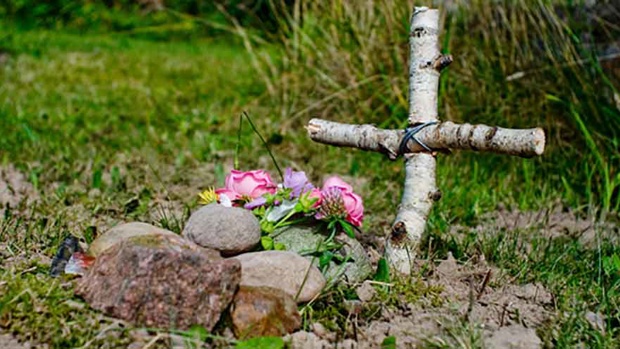Five tips for helping kids cope with the loss of a pet
- Publish Date
- Monday, 27 March 2017, 1:37PM

Photo / Getty Images
Hand-in-hand with the joy of owning a pet comes tragedy when they pass away. It’s a bittersweet fact of life every pet owner should be prepared for – but sometimes the children in our lives may not be quite ready to say goodbye. Here are some tips on helping them cope.
Know how to share the news
As you would with any sensitive issue, gauge how much information kids need to know or hear based on their age and maturity levels. If your pet is dealing with a potentially life-threatening illness, use this time to educate the kids on possible outcomes to give them time to prepare for the worst. If your pet has died suddenly, make sure you take the time to come up with the best way to break the news. Don't rush it.
Don't say the animal has gone 'to sleep'
It can be tempting to soften the blow to help kids cope with the loss of a pet, but sometimes white lies can have repercussions. Telling children their pet has 'gone to sleep' runs the risk of being interpreted literally, which could cause trouble with their own sleeping habits. Try and come up with a reason as close to the truth as possible - if not the whole truth. It will help your kids in the long run.
It's okay to be sad
There's no way to avoid the sadness of losing a pet. Don't feel like you have to hide it - sometimes kids need the reassurance of knowing their sadness is warranted and sharing that emotion with them can ultimately be productive and help them work through their grief. Let your little ones know it's okay to talk about their feelings and they're not alone in being sad.
Memorialise your pet
This can be a really important part of the grieving process and may be a learning experience for your child in how to deal with grief later in life. If you're burying your pet, there's nothing wrong with having a little service to honour its life, and sharing stories about him or her. Maybe your child can draw a picture of their pet or write a letter to them about all the things they love and miss - the main thing is being there to experience these emotions together.
Think about moving on
When the initial shock has faded, it's important to help your kids move on. For some, this might mean a new pet (but this isn't something that should ever be rushed into). For others, it might mean taking time out for a holiday or another distraction to help your children feel happy again. Even if it's something as simple as cooking a favourite meal, it's good for kids to know there's plenty to smile about.
This article was first published on NZ Herald and is republished here with permission.
Take your Radio, Podcasts and Music with you

